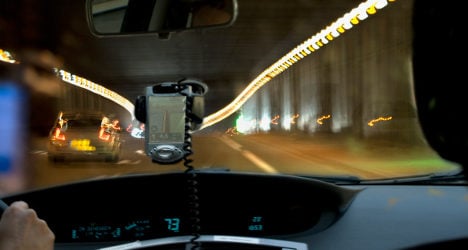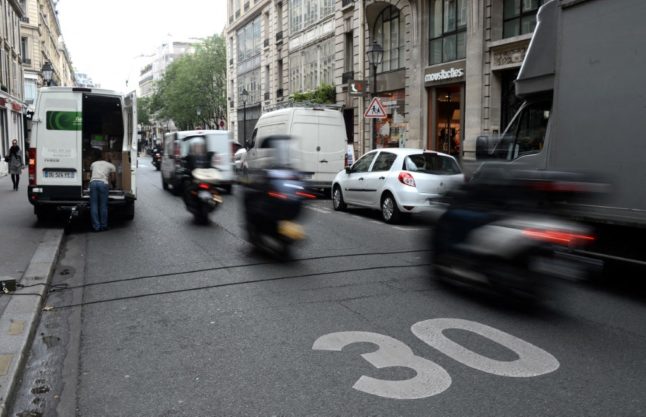Convening the annual Road Safety Council meeting in Paris, Valls announced he would ask experts to consider a plan to install “black box” recorders in French vehicles, with the aim of reducing deaths on French roads.
The term 'black box' is used to refer to the Flight Data Recorders installed on all aircraft which record information that can help investigators determine the cause of a crash.
Valls sees no reason why the same technology cannot be made available to the automobile industry.
“Obviously these instruments wouldn’t be called on to make a record of a driver’s movements, but simply so we could know the technical events that take place in the seconds leading up to an accident,” said Valls.
“The technology isn’t an obstacle anymore, so it just remains for us to come to a decision about the basic principles of this tool,” he added.
Along with black boxes, Friday’s meeting heard proposals on a number of other measures relating to road safety and driving.
· Reducing the average waiting time for obtaining a driver’s license
· A ban on ‘hands-free’ telephone kits
· Rolling out the obligation on motorcyclists to possess a high-visibility vest, and to wear one in the case of an emergency stop
· Expanding the number of number of speed radars by 100 to 4,200 by the end of 2013
Frédéric Péchenard, the government’s delegate for road safety, announced on Monday the introduction of 100 new “uncheatable” mobile speed radars by the end of the year, including 40 by the end of June alone.
Separately, motorists’ rights group ’40 Millions d’automobilistes’ (40 million motorists) have launched a campaign to ask French drivers themselves for new ideas on how to enhance road safety.
Among the stand-out suggestions are gifts for designated drivers in nightclubs, a ban on selling alcohol in motorway service stations, removing trees from near roads, a ban on tinted windows, and the rolling out of anti-sleep alarms.



 Please whitelist us to continue reading.
Please whitelist us to continue reading.
Member comments